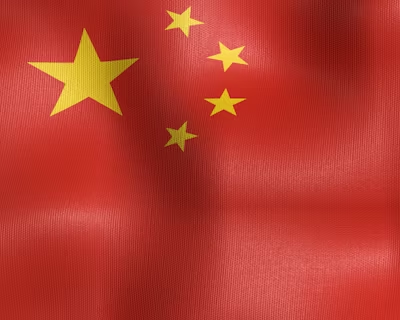The U.S. Department of Commerce has unveiled a new proposal aimed at safeguarding national security by restricting the use of Chinese and Russian technology in internet-connected vehicles. With an increasing reliance on software and artificial intelligence in the automotive industry, the U.S. government is concerned about potential cybersecurity threats, including foreign espionage and the risk of hostile interference in critical transportation infrastructure.
Cybersecurity Threats in the Age of Connected Cars
As vehicles become smarter and more connected, incorporating advanced AI and vast amounts of data, the risk of cyberattacks has grown. The proposed ban targets Chinese and Russian tech in key components of these vehicles, including sensors, chips, and software systems. U.S. officials are particularly concerned that foreign-made technologies could be used to exploit vulnerabilities, collect sensitive data on American drivers, or even disrupt traffic and navigation systems during geopolitical tensions.
This move is part of broader efforts to protect U.S. critical infrastructure from external cyber threats. The government’s primary aim is to reduce the risk that foreign adversaries could use vehicle software as a backdoor for surveillance or even manipulate transportation systems to create chaos in times of conflict.
Impact on the Automotive Industry
The proposed ban has raised significant concerns within the auto industry, particularly among automakers who rely on overseas suppliers for key components. Technologies from companies in China and Russia play a major role in the production of vehicle sensors, chips, and data processors, which are integral to the functionality of modern cars, including autonomous and semi-autonomous vehicles.
For U.S. automakers, this could mean reevaluating supply chains, forming new partnerships with domestic tech firms, or developing homegrown alternatives. While some support the regulation, citing the need for better security, others warn that the move could result in supply chain disruptions, delays in production, and increased costs that might ultimately be passed on to consumers.
Divided Opinions and Industry Concerns
The regulation has sparked a debate among key players in the automotive and technology sectors. While some manufacturers have expressed support, arguing that national security should be prioritized, others are concerned about the economic consequences. The auto industry, which already faces challenges in meeting demands for electric vehicles and autonomous technologies, could face further delays as it navigates the new restrictions.
Moreover, the increased cost of complying with these restrictions could lead to higher prices for consumers, particularly in the face of a global chip shortage that has already strained car production.
Public Feedback and Next Steps
The Department of Commerce is currently gathering public comments before making a final decision on the policy. While the proposed regulation represents one of the most significant interventions in the automotive sector in recent years, it underscores the government’s increasing focus on limiting reliance on foreign technology, especially from nations deemed as national security risks.
As connected vehicles become an integral part of the future of transportation, the balance between safeguarding cybersecurity and fostering innovation will be a key challenge for policymakers. The coming months will determine whether this proposed ban will achieve its intended security goals without causing unintended consequences for the auto industry and consumers.


